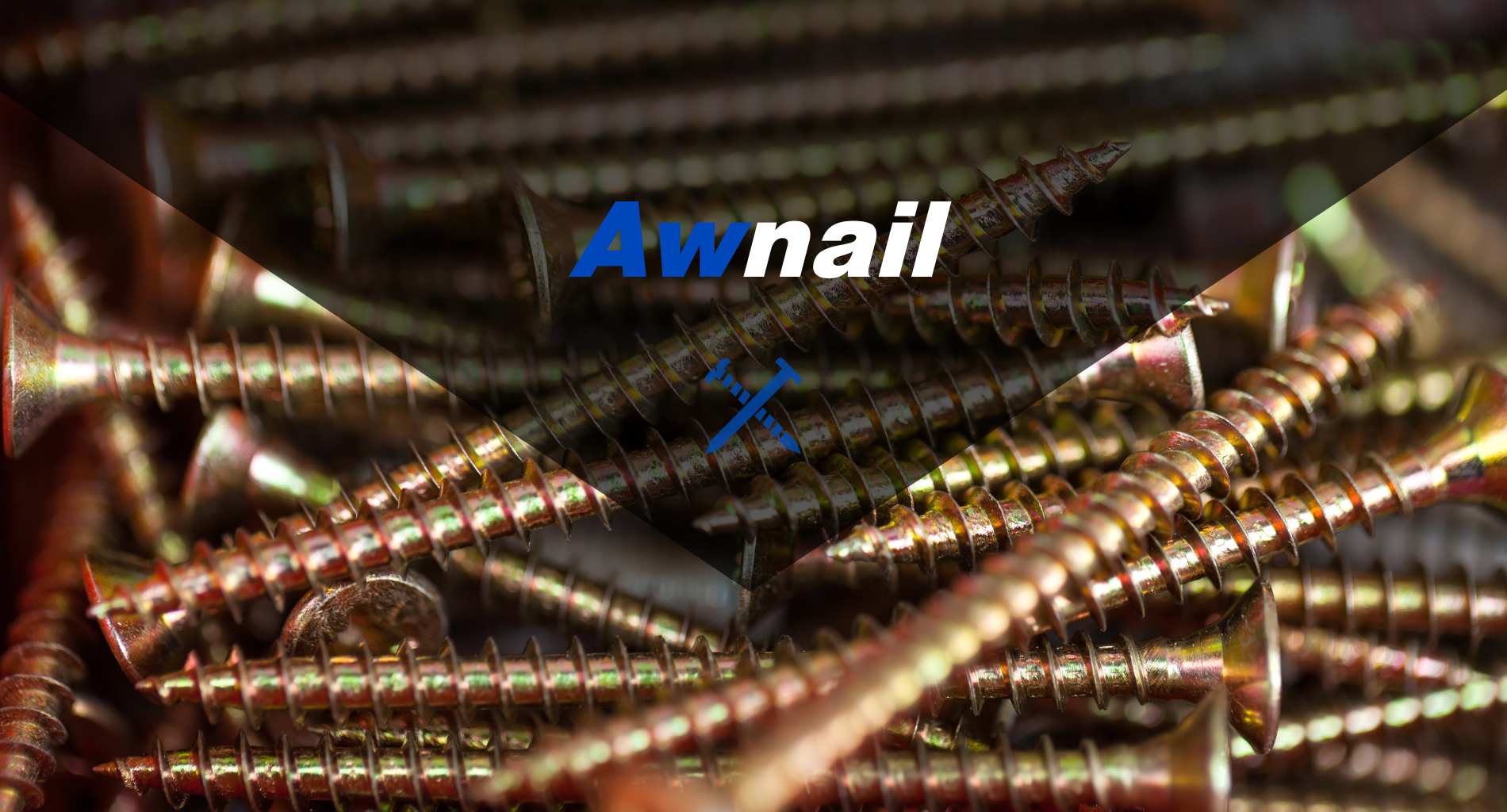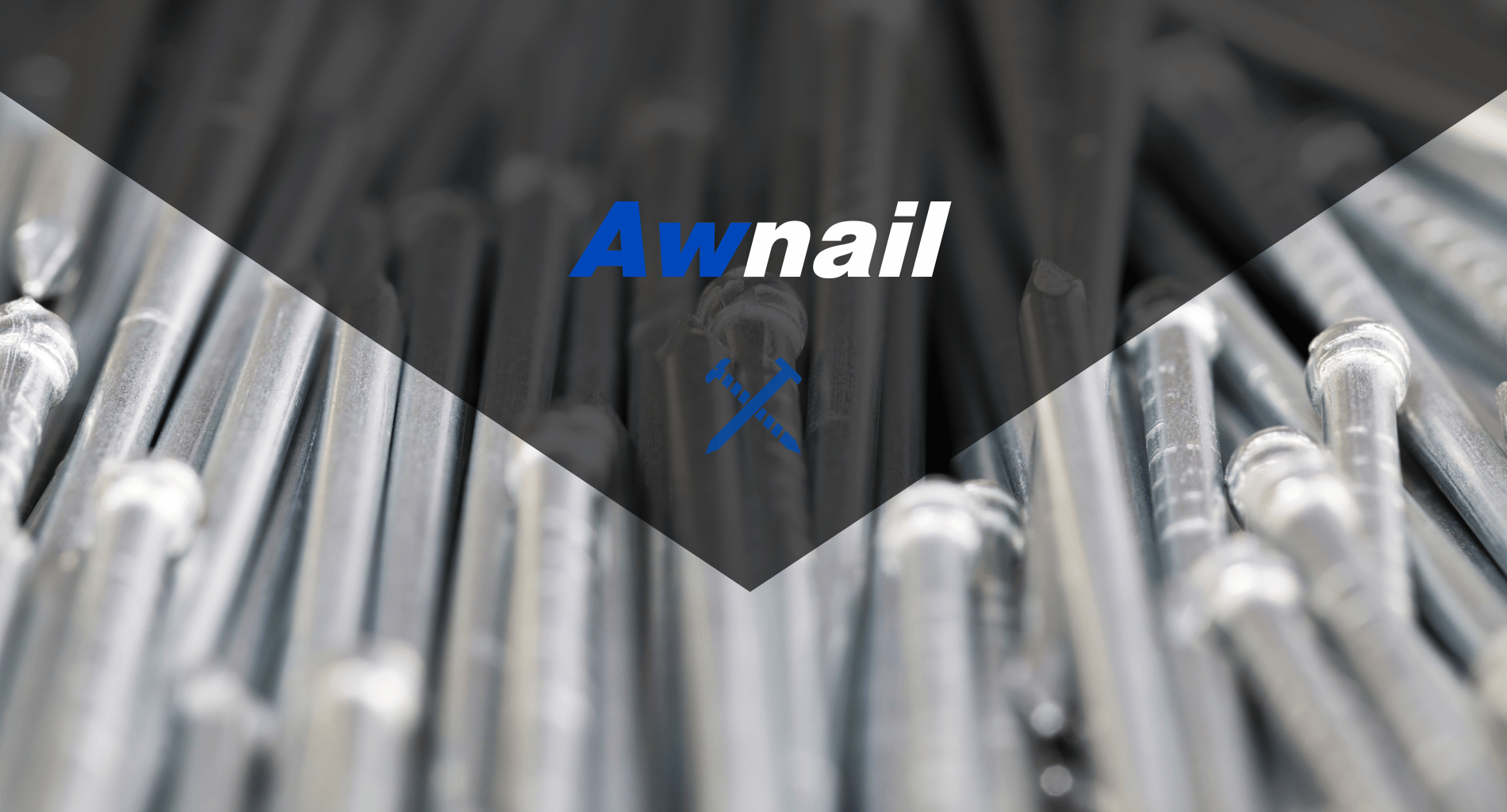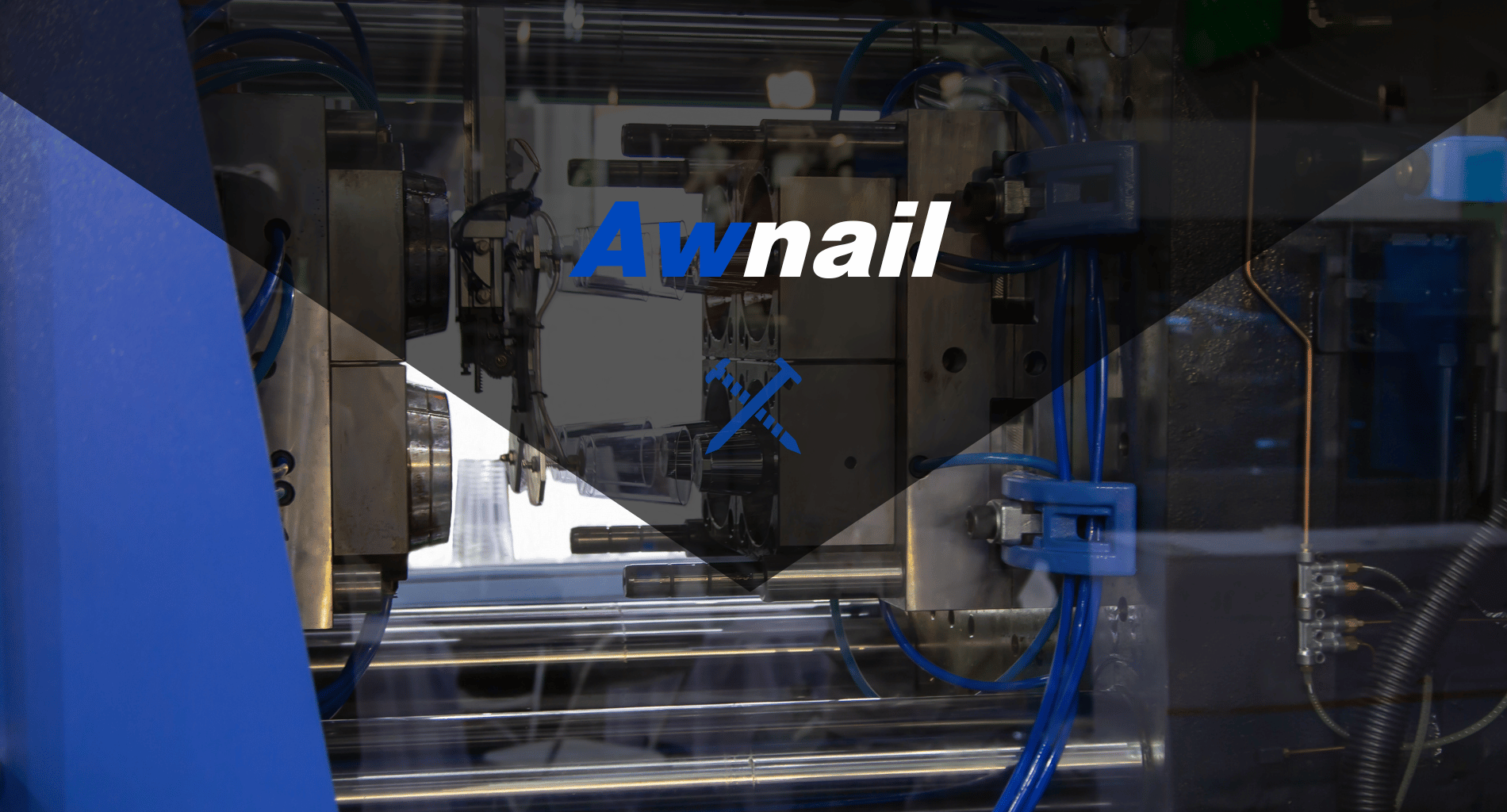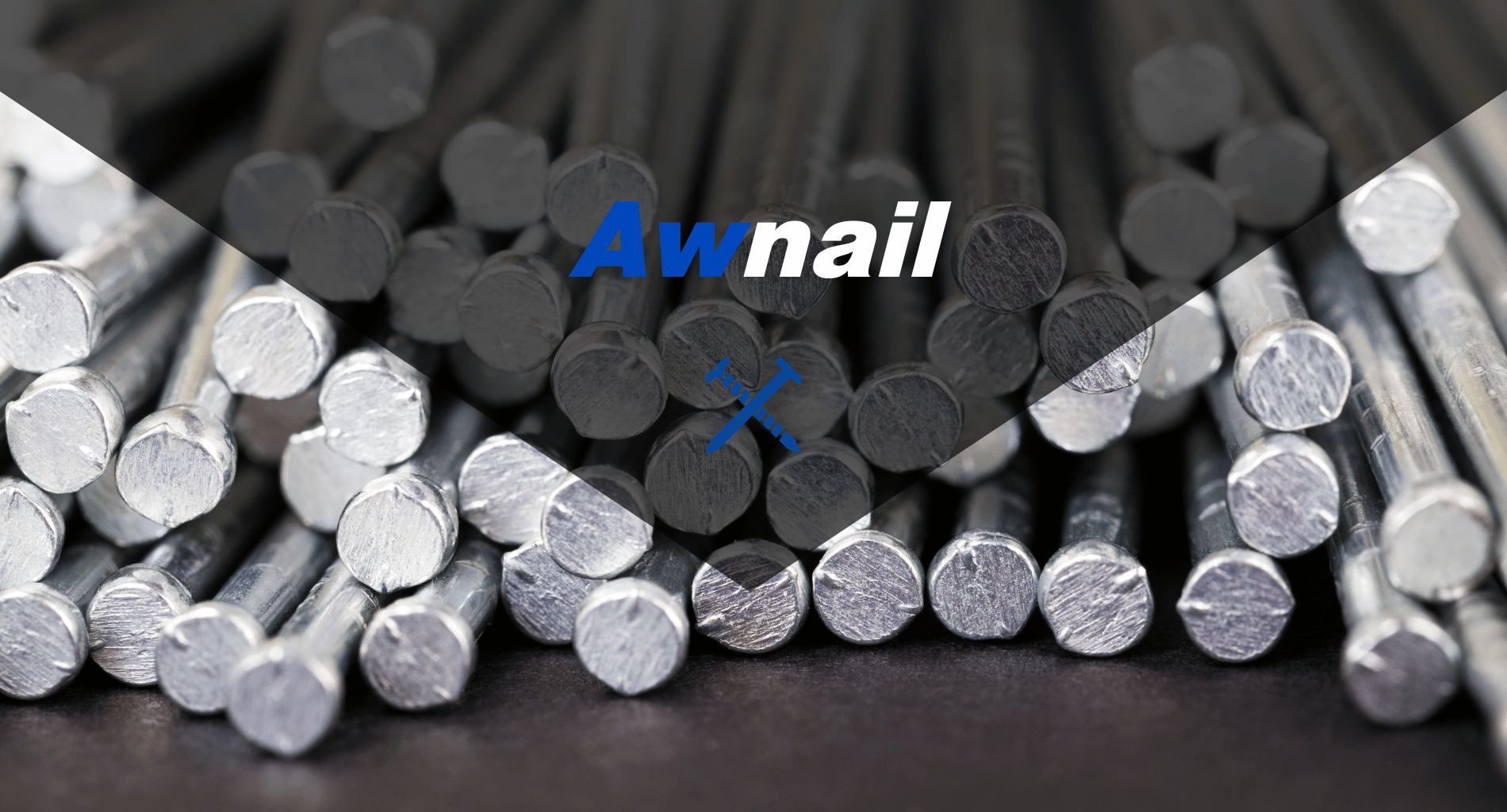Ever wondered how the precision threads on bolts and screws are crafted so perfectly? It’s all thanks to the innovative technology of thread rolling machines.
With years of experience in the industry, our insights into thread rolling technology are both deep and broad.
Thread rolling machines stand as a leader of manufacturing efficiency, transforming blank metal rods into threaded parts with unparalleled speed and precision.
In this article, we’ll discuss the global market trends, the latest technological advancements, and the key players in the thread rolling machine industry.
Stay tuned to uncover valuable insights for your business.
1. Basic Understanding of Thread Rolling Machines
Thread rolling machines are specialized equipment used in the manufacturing industry for producing precise threads on screws, bolts, and other fasteners. These machines work by cold forming, a process that molds the metal workpiece under high pressure to form threads, ensuring both strength and accuracy.
Unlike traditional cutting methods, thread rolling offers increased production speed and material efficiency. This method not only enhances the durability of the threads but also leads to a smoother, cleaner finish, making it a preferred choice in high-volume, high-precision manufacturing settings.
2. Regional Insights into Thread Rolling Machines
Following our basic understanding of thread rolling machines, it’s essential to consider how these machines are utilized and perceived in different regions around the world. Here are key insights into the regional dynamics of this industry:
North America: Market Leaders and Innovators
In North America, the thread rolling machine market is characterized by continuous innovation and a strong focus on technological advancements. The region leads in the adoption of automated and high-precision machines, catering to industries like automotive and aerospace where quality and precision are paramount.
Asia-Pacific: Rapid Growth and Expansion
The Asia-Pacific region, particularly countries like China and India, is experiencing rapid growth in the manufacturing sector. This expansion fuels the demand for thread rolling machines, with a significant emphasis on cost-effective and scalable solutions. The region is becoming a hub for both the production and consumption of these machines.
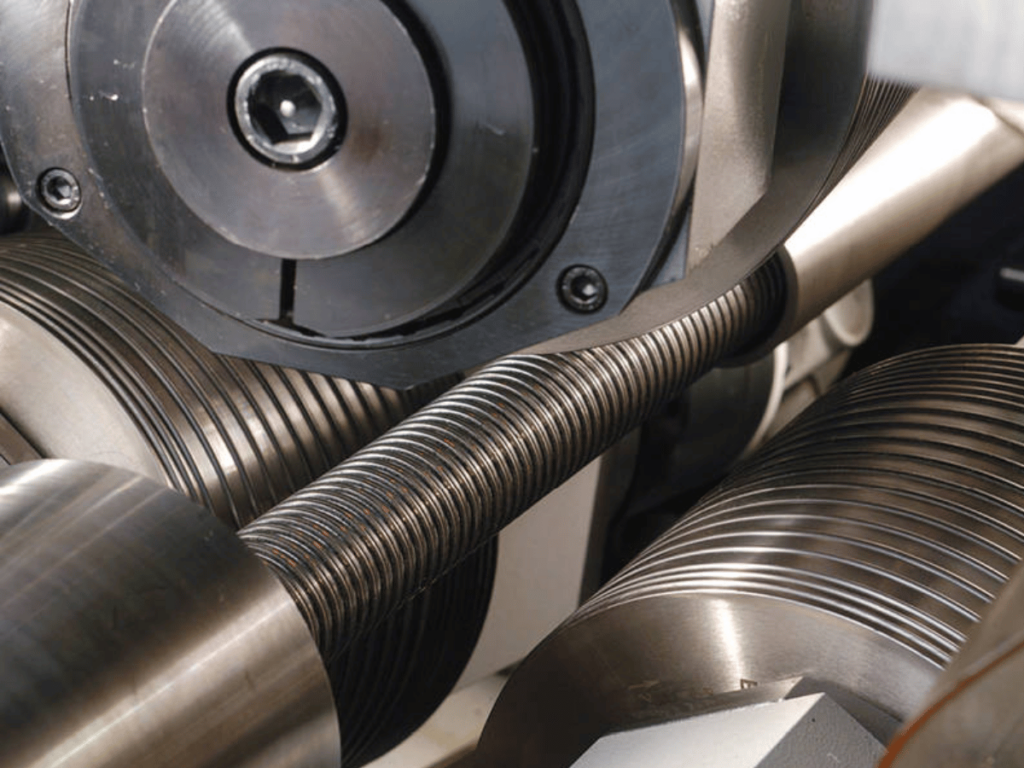
Europe: Emphasis on Quality and Sustainability
European markets place a high emphasis on quality and sustainability. Thread rolling machines in Europe are often integrated with advanced features for energy efficiency and reduced environmental impact. The region’s stringent quality standards drive the demand for high-end, precise thread rolling technologies.
3. Technical Aspects of Thread Rolling Machines
Building on the regional insights into thread rolling machines, it’s important to delve into the technical aspects that define their efficiency and functionality. Here are the key technical aspects to consider:
Design and Build Quality
The design and build quality of a thread rolling machine significantly impacts its performance and durability. High-quality machines typically feature robust construction with premium materials, ensuring longevity and consistent performance under high-volume production conditions.
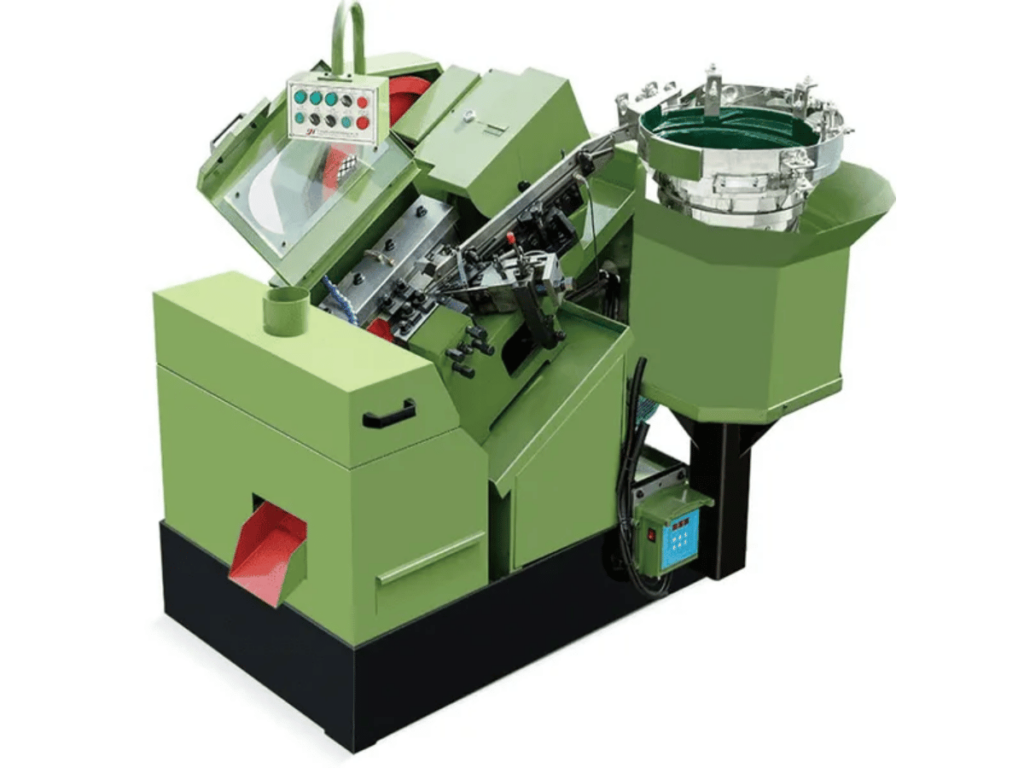
Automation and Control Systems
At Awnail, modern thread rolling machines often incorporate advanced automation and control systems. These features allow for precise adjustments, consistent quality control, and efficient operation, especially important in large-scale manufacturing settings where precision and repeatability are critical.
Thread Rolling Processes
There are various thread rolling processes, including in-feed and thru-feed rolling. In-feed rolling is used for parts with limited thread lengths, while thru-feed rolling is suitable for longer threads. Each method has its advantages and is chosen based on the specific requirements of the production task.
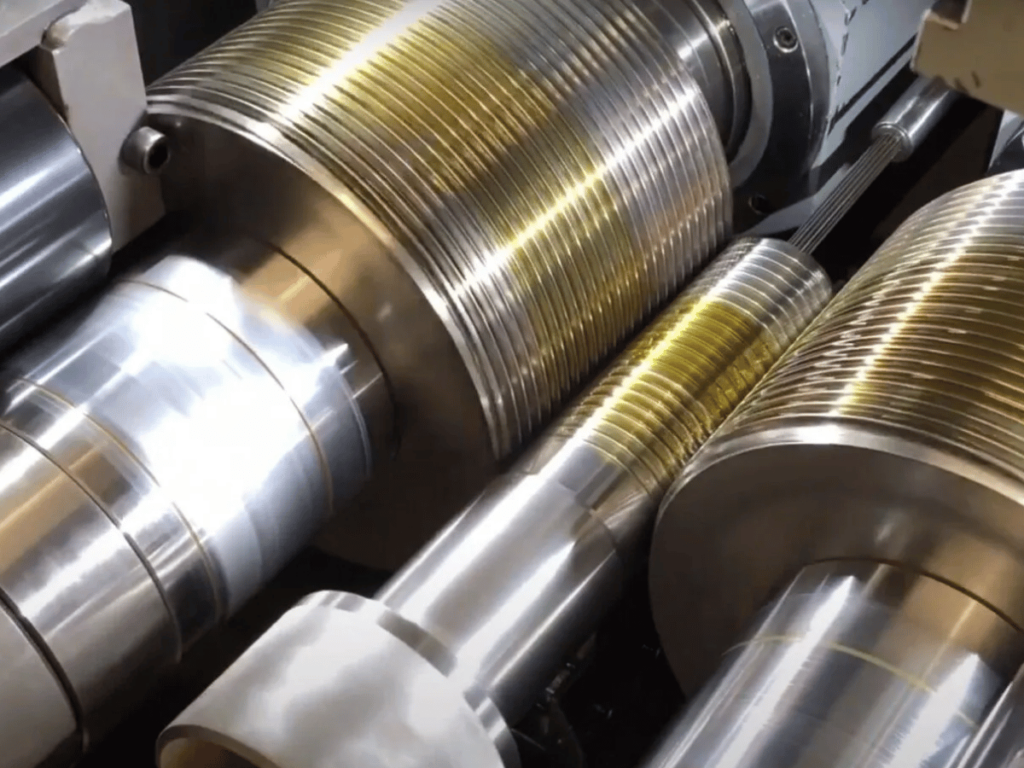
4. Applications of Thread Rolling Machines in Various Industries
With the technical aspects of thread rolling machines in mind, it’s fascinating to explore their applications across various industries. Here are some of the key industries where thread rolling machines are extensively used:
Automotive Industry
Thread rolling machines are vital in the automotive industry for producing durable threads in vehicle components like bolts and fasteners, crucial for safety and functionality. Reflecting their importance, Decision Pointe Research indicates that the global automotive industry is expected to grow to 122.83 million units by 2030, emphasizing the escalating demand for advanced manufacturing tools in this sector.
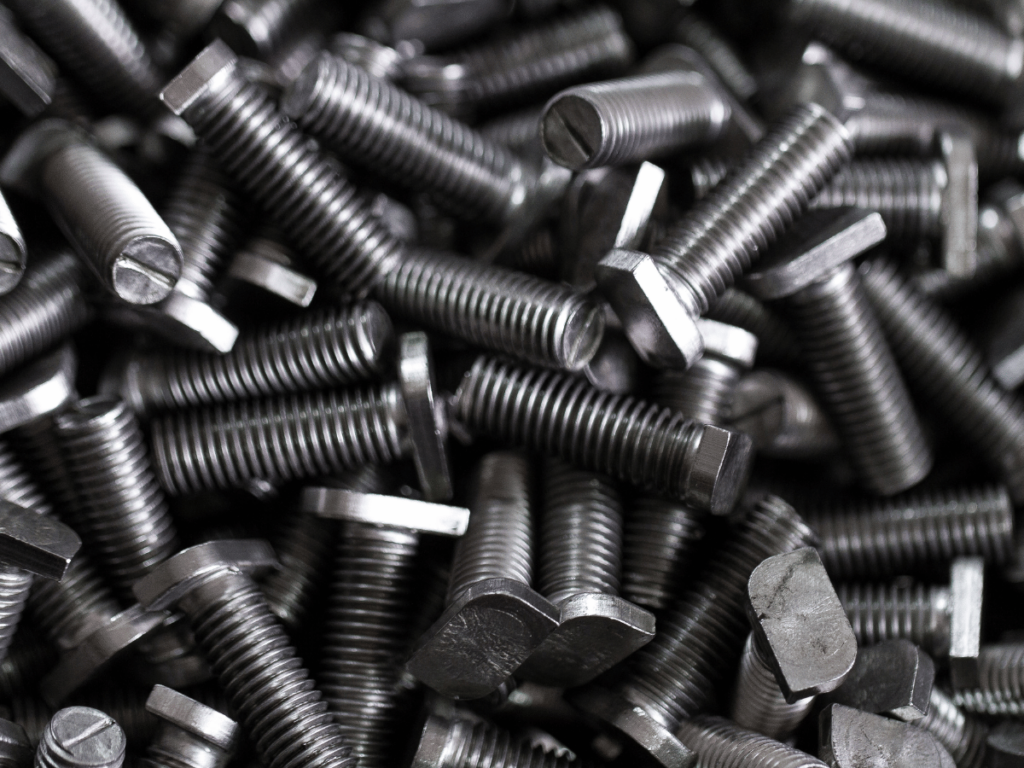
Aerospace Industry
The aerospace industry demands extreme precision and reliability. Thread rolling machines in this sector are used to produce threads on aerospace fasteners and components. The high-quality threads produced are crucial for ensuring the structural integrity and performance of aerospace equipment. Moreover, the reliability of these machines is key in adhering to the stringent standards of the aerospace industry.
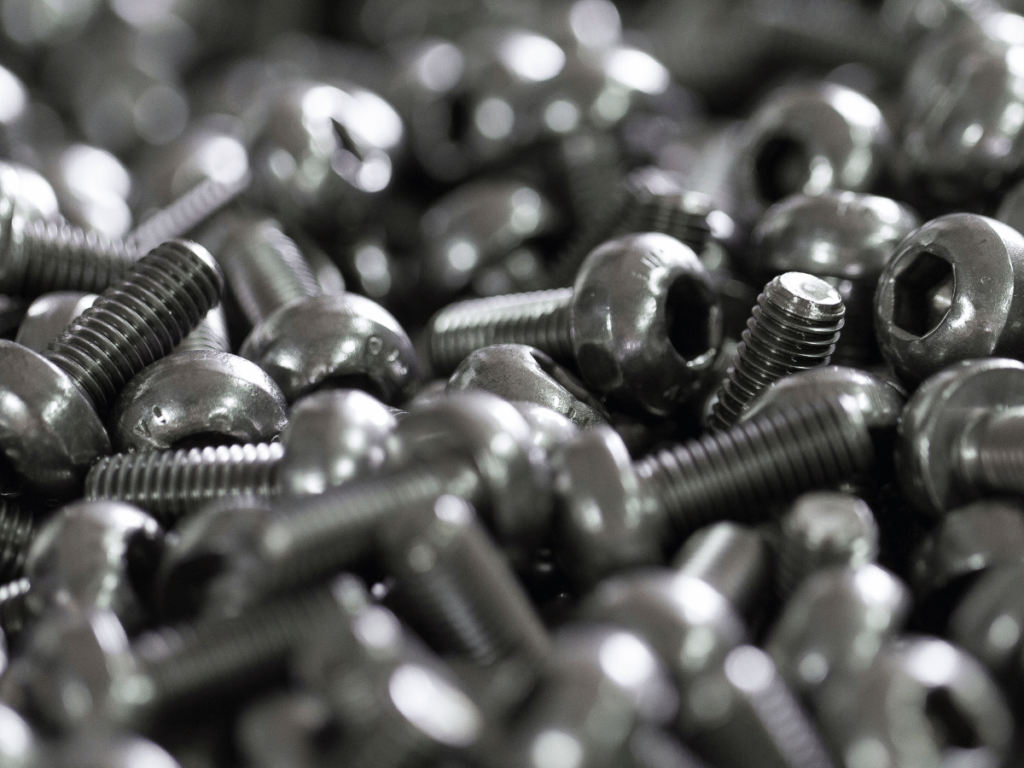
Construction and Infrastructure
In construction and infrastructure, thread rolling machines contribute to the production of threaded bars, rods, and fasteners used in building structures. The strength and precision of these threads are vital for the safety and longevity of construction projects. These machines ensure that the components can withstand various stresses and environmental factors in construction settings.
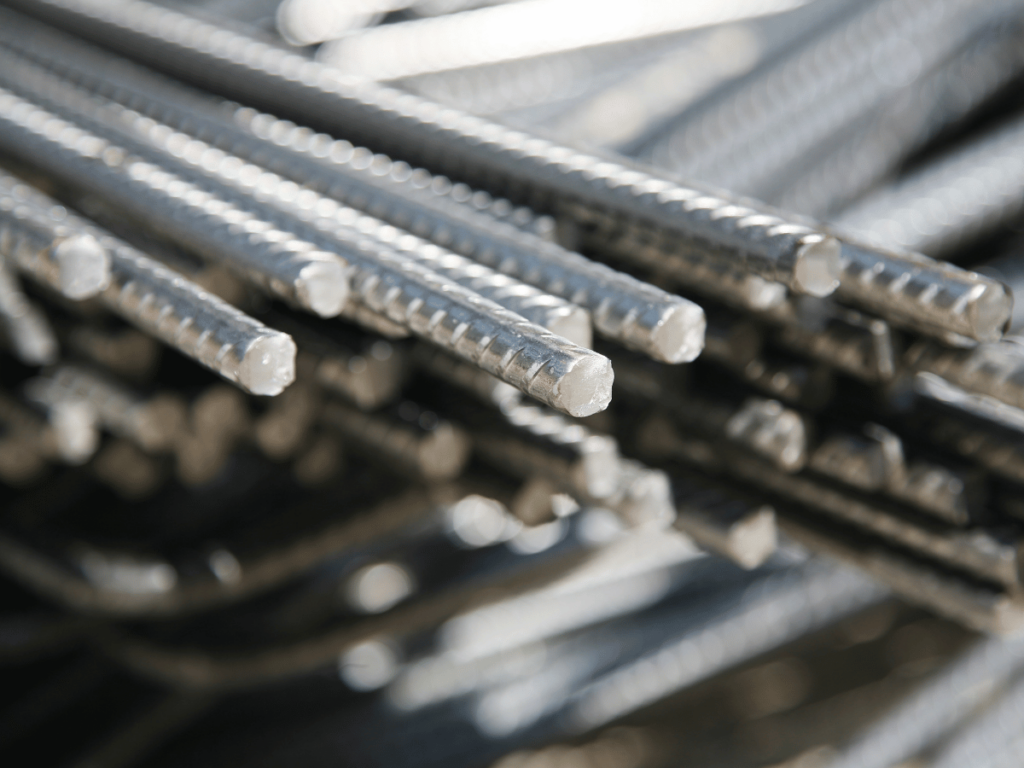
5. Challenges and Opportunities in Different Regions
After examining the various applications of thread rolling machines in key industries, it’s important to understand the challenges and opportunities these machines face in different regions. Here are the primary challenges and opportunities:
Challenges
- Market Saturation in Developed Regions: In areas like North America and Europe, the market is highly competitive, making it difficult for new players to establish a foothold.
- Technological Advancements vs. Cost Constraints: Balancing the need for advanced technology with cost constraints is a significant challenge, particularly in emerging markets.
- Regulatory and Quality Standards: Complying with various regional regulatory and quality standards can be challenging, requiring constant adaptation and upgrades to the machines.
Opportunities
- Growing Industrialization in Emerging Markets: Regions like Asia-Pacific offer vast opportunities for expansion due to rapid industrialization and increasing demand for manufacturing machinery.
- Innovation and Customization: There’s a growing demand for customized and technologically advanced machines, especially in sectors like aerospace and automotive.
- Sustainability and Efficiency Improvements: As industries focus more on sustainability, there’s an opportunity to innovate in creating more energy-efficient and environmentally friendly machines.
6. Future Trends and Predictions in Thread Rolling Machinery
Having explored the challenges and opportunities in different regions, it is now crucial to look ahead at the future trends and predictions in the field of thread rolling machinery. Here are some of the most significant trends to anticipate:
Technological Integration and Automation
The trend towards increased automation and integration of advanced technologies is set to continue in the thread rolling machine industry. For instance, this includes the adoption of IoT (Internet of Things) for better machine monitoring, predictive maintenance, and increased efficiency. Automation will not only enhance production capacity but also improve precision in thread rolling.
Focus on Sustainability and Energy Efficiency
As global emphasis on sustainability grows, future thread rolling machines are expected to be more energy-efficient and environmentally friendly. Manufacturers like Awnail are likely to invest in research and development to reduce the carbon footprint of these machines, possibly through the use of renewable energy sources and materials that are more sustainable.
Customization and Versatility
The demand for customized solutions in thread rolling machinery is predicted to rise. Manufacturers will likely focus on creating versatile machines that can cater to a wide range of materials and thread types. This versatility will be key in industries where there is a need for producing a variety of thread patterns and sizes, offering businesses more flexibility in their manufacturing processes.
7. The Global Impact of Thread Rolling Machines
Reflecting on the future trends and predictions, it’s equally important to consider the broader global impact of thread rolling machines. Here are key areas where their impact is most pronounced:
Economic Growth and Job Creation
Thread rolling machines play a significant role in driving economic growth, especially in developing regions where manufacturing is a key sector. By increasing production efficiency and capacity, these machines contribute to higher output and profitability for businesses. This, in turn, leads to job creation and can significantly impact the economic development of a region.
Advancements in Manufacturing Quality and Precision
The precision and efficiency provided by thread rolling machines have set new standards in manufacturing quality. For example, industries such as automotive and aerospace rely heavily on the high-quality threads produced by these machines for the safety and reliability of their products. This has led to improvements in product performance and longevity across various sectors.
The table below highlights key advancements in manufacturing quality and precision, underscoring the pivotal role of thread rolling machines in industries like automotive and aerospace for enhancing product safety, reliability, and longevity.
| Advancement | Impact | Industries Benefited |
| Enhanced thread precision | Improved product performance and reliability | Automotive, Aerospace |
| Increased production speed | Reduced manufacturing time and costs | Consumer Electronics, Construction |
| Improved material utilization | Minimized waste and optimized resource use | Energy, Heavy Machinery |
| Greater product longevity | Extended lifespan of components | Automotive, Aerospace, Construction |
| Higher safety standards | Enhanced safety and performance reliability | Automotive, Aerospace, Consumer Products |
Environmental Sustainability
The evolution of thread rolling machines towards more energy-efficient and environmentally friendly models reflects a broader commitment to sustainability in the manufacturing industry. By reducing waste and energy consumption, these machines help in minimizing the environmental footprint of manufacturing processes. This is especially important in a world increasingly focused on sustainable practices and green technologies.
Dive Deeper Into Our Resources
Looking for more diverse product options? Browse through our handpicked selections:
For some insightful reads, we’ve curated a list of recommended articles just for you:
- The Ultimate List of Top 8 Nail Making Machine Manufacturers
- An In-Depth Guide to Nail Making Machines
Still haven’t found what you’re looking for? Don’t hesitate to contact us. We’re available around the clock to assist you.
Conclusion
As we have explored, thread rolling machines are not just tools; they are a leader for efficiency, precision, and sustainability in the manufacturing world. Their impact on production quality, speed, and cost-effectiveness makes them an indispensable asset for businesses aiming to stay competitive in a rapidly evolving market.
For those interested in integrating these powerhouse machines into their operations, Awnail emerges as a leading manufacturer of thread rolling machines. Contact us today to explore how our solutions can benefit your business.

